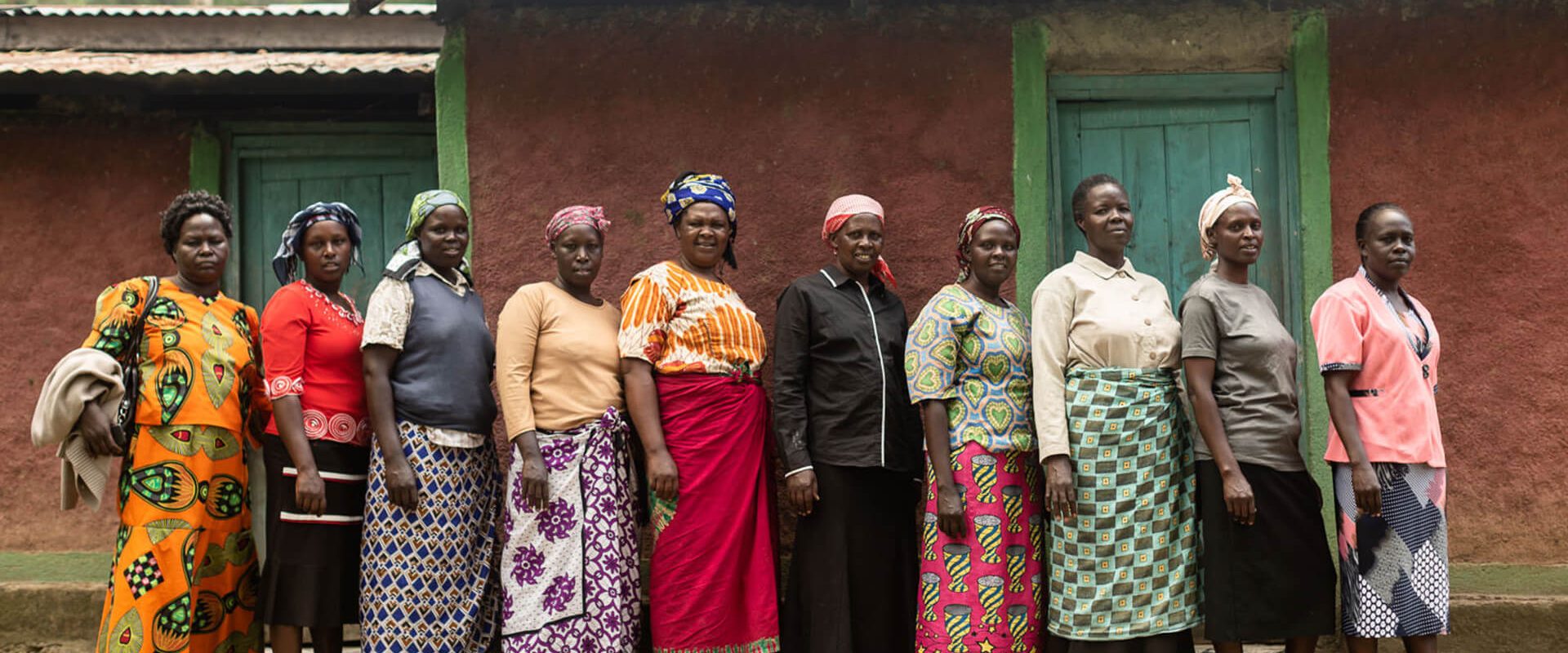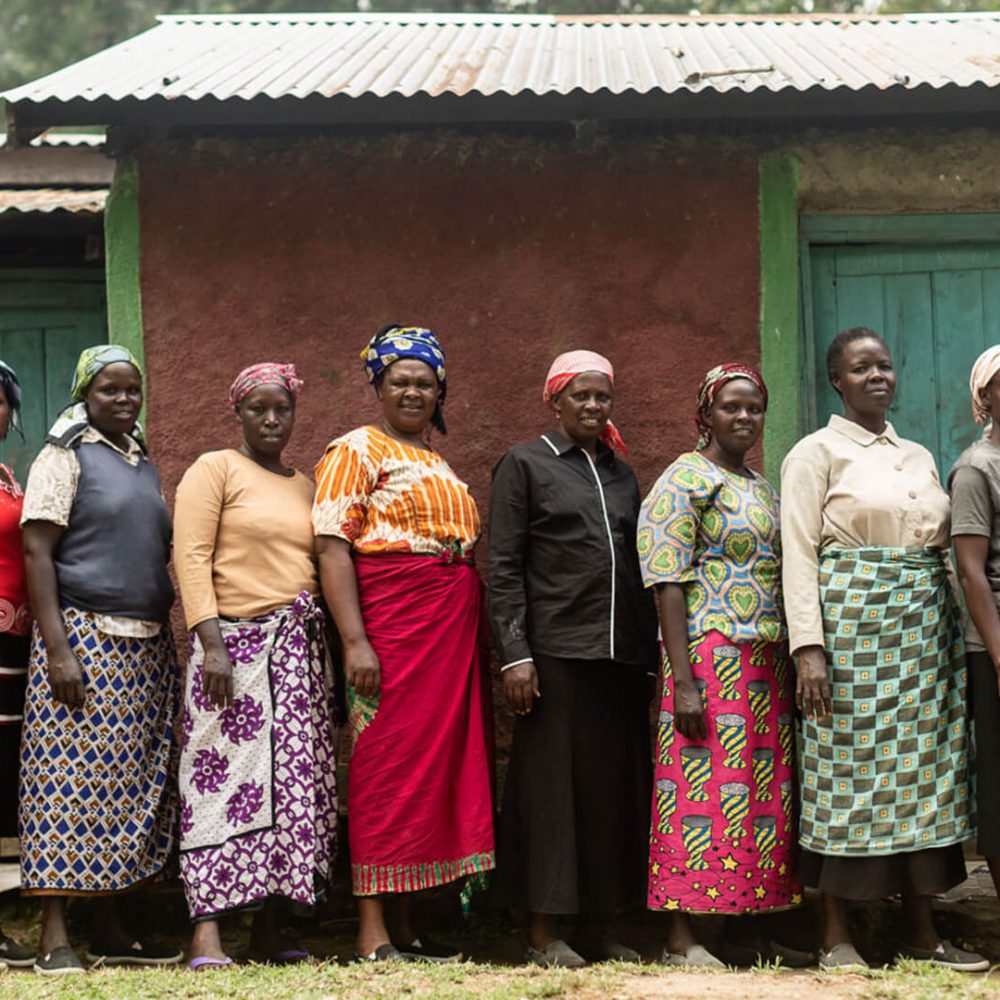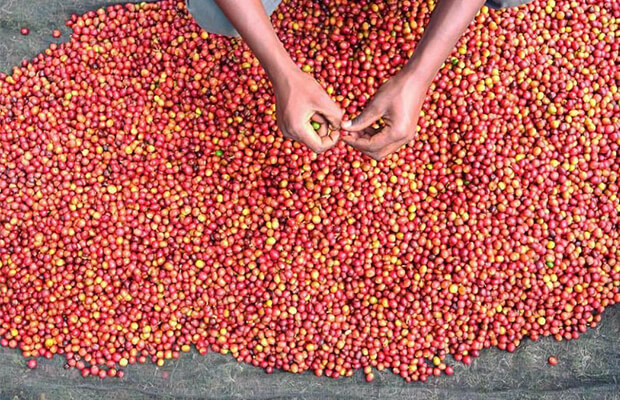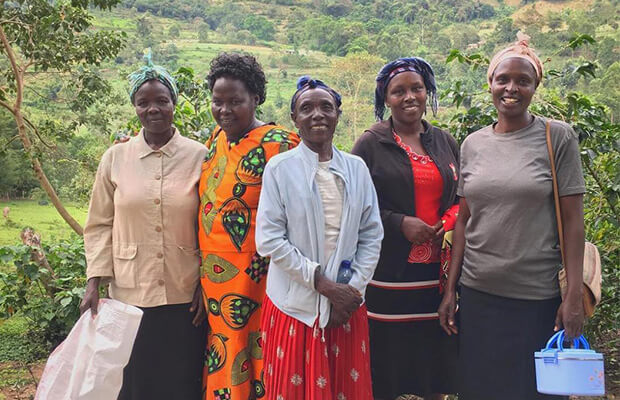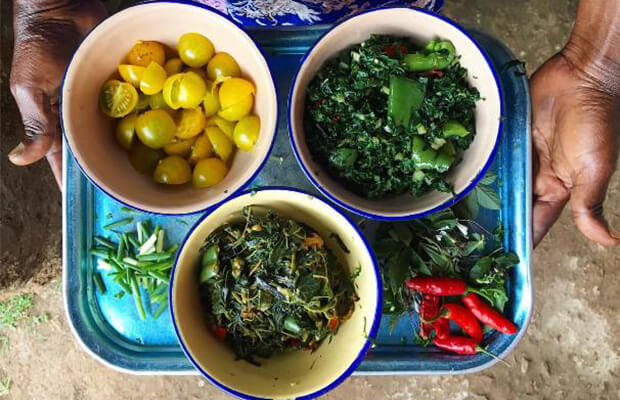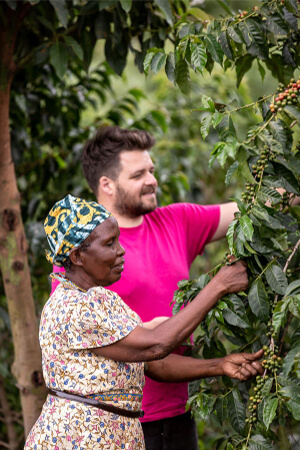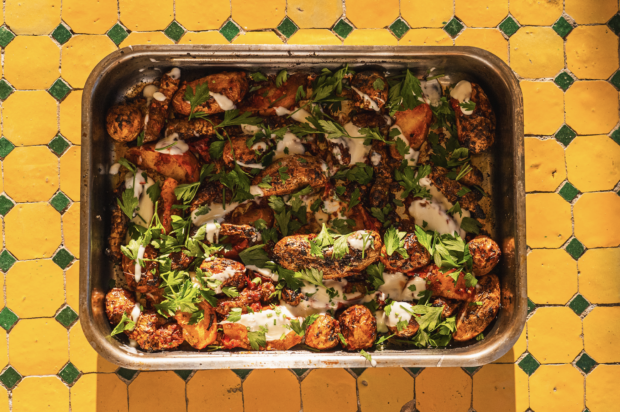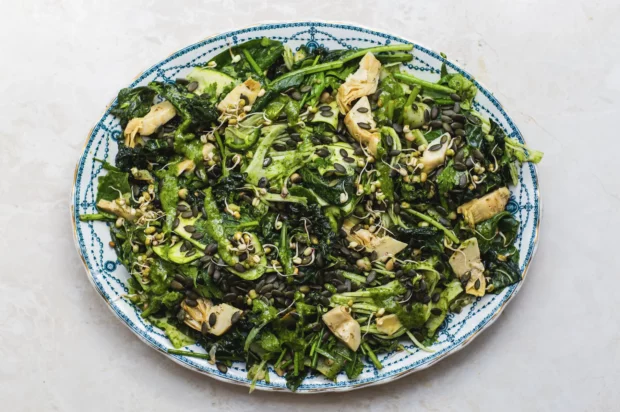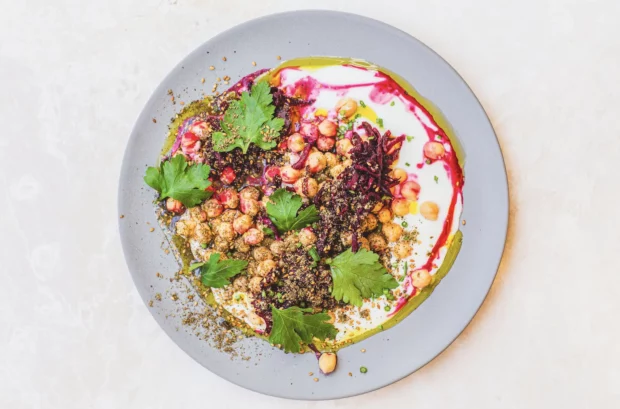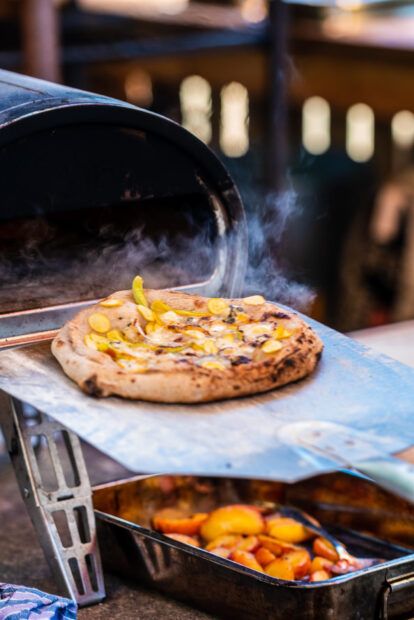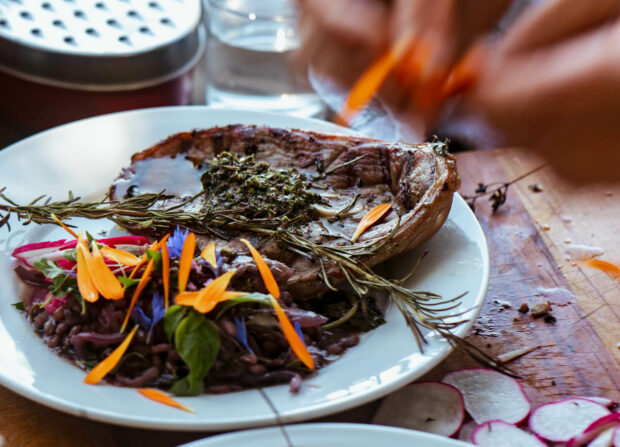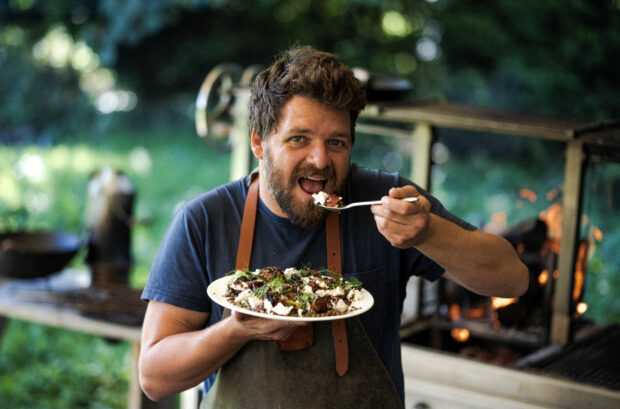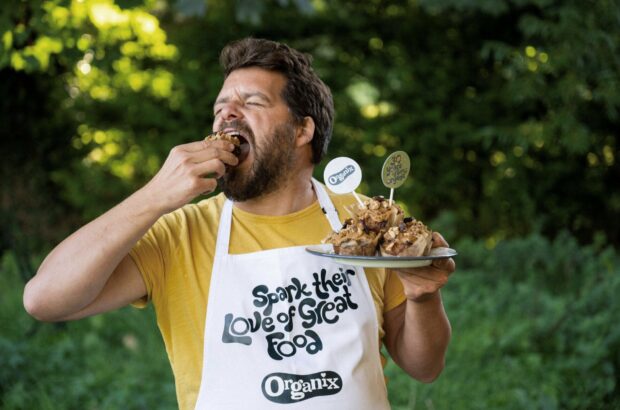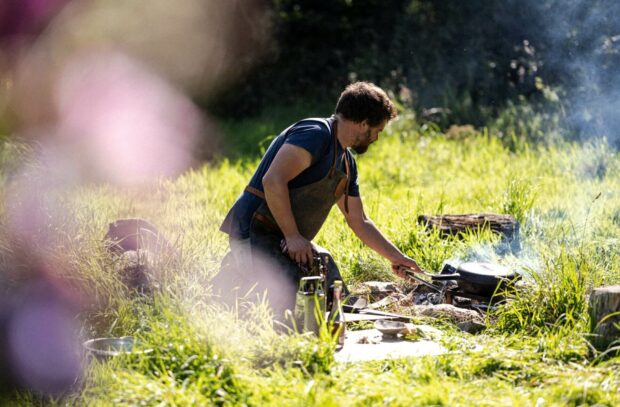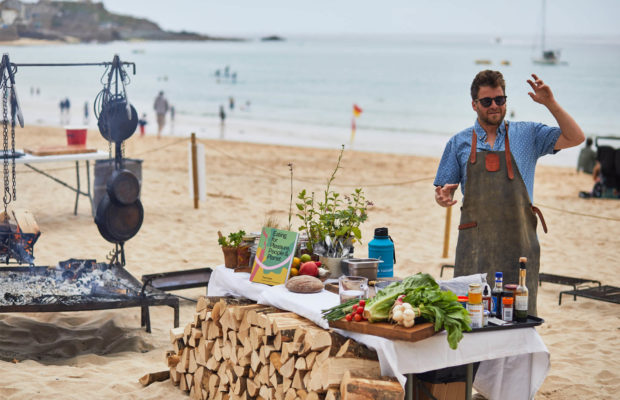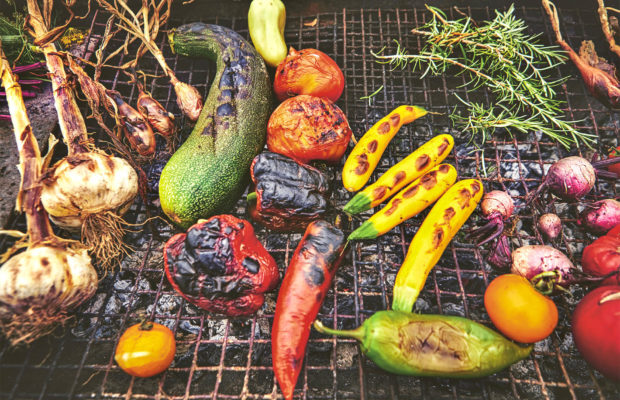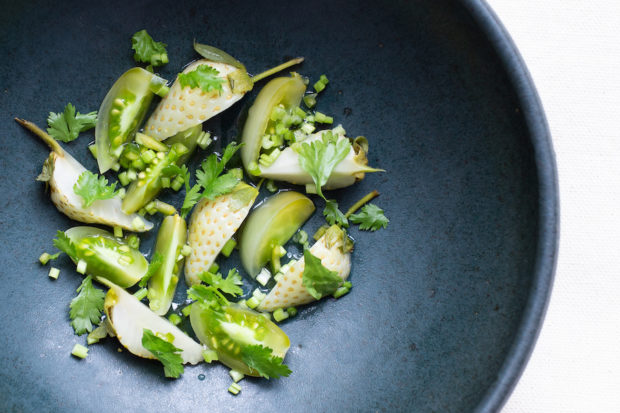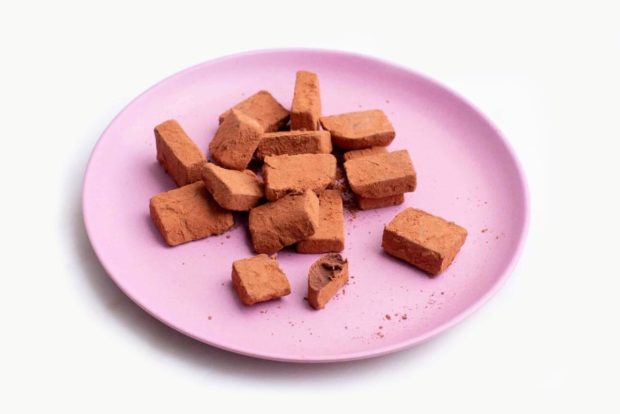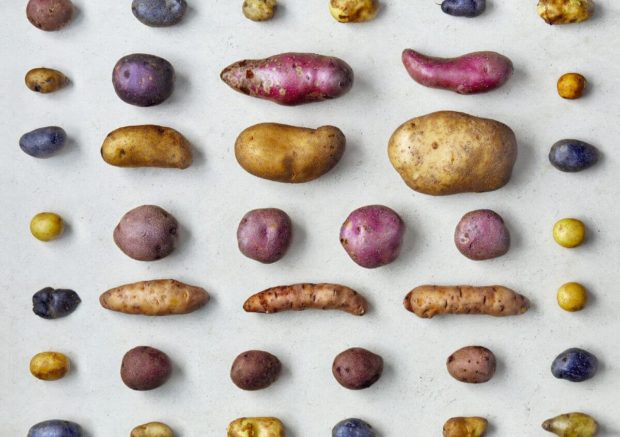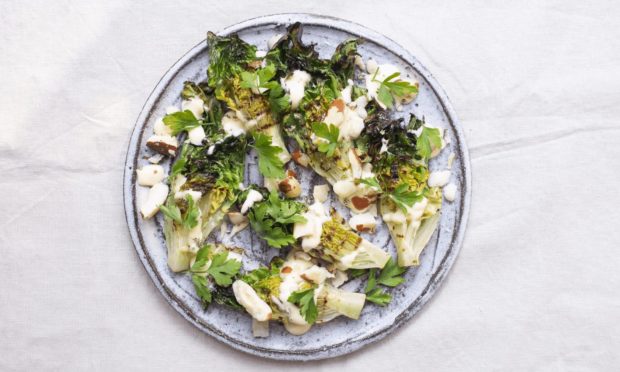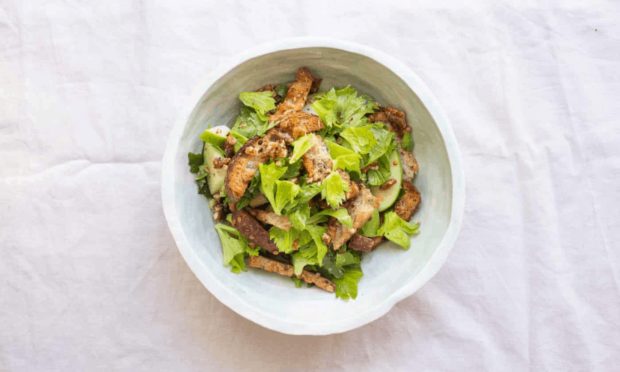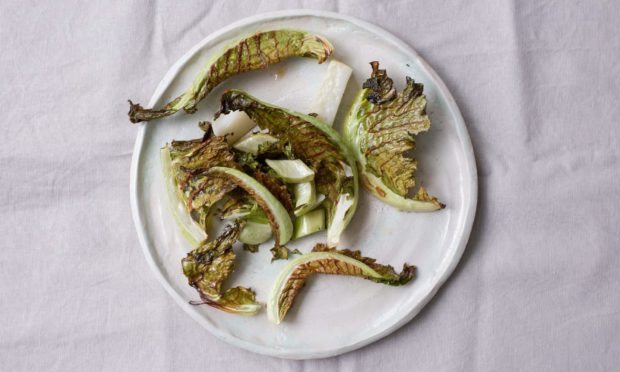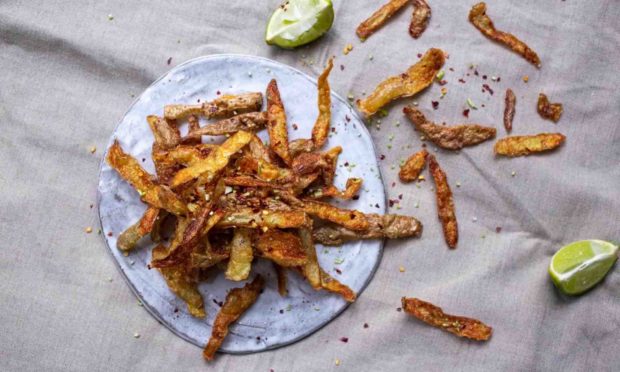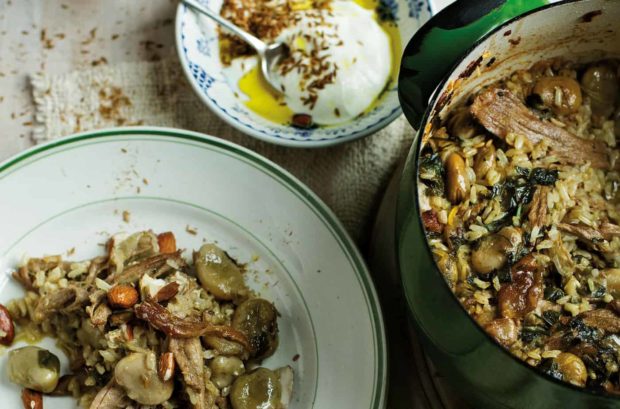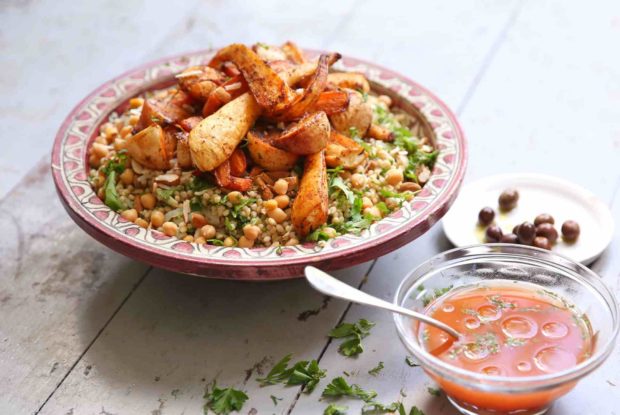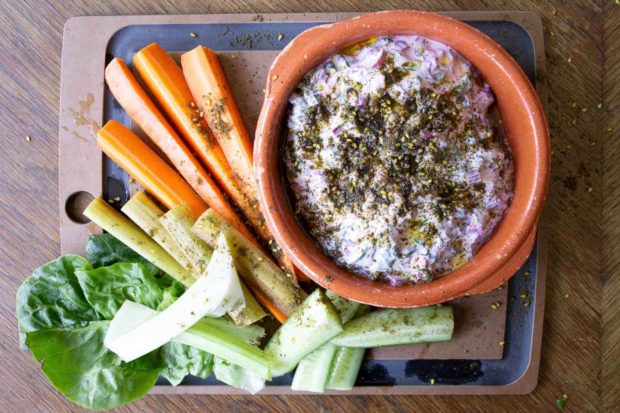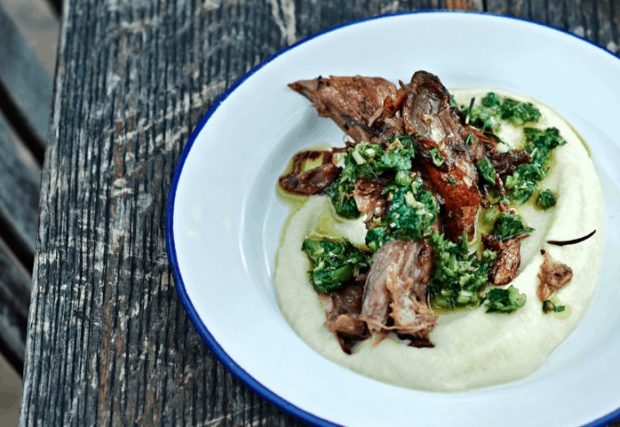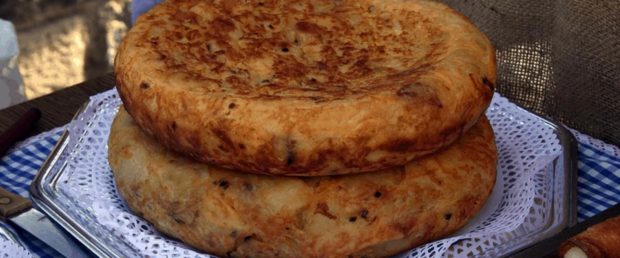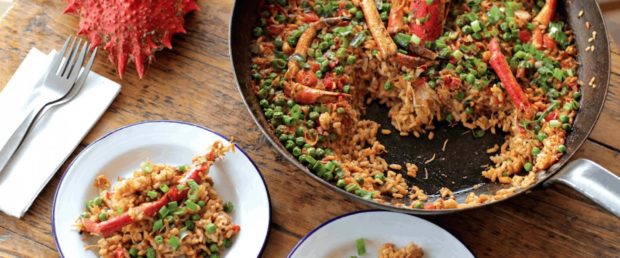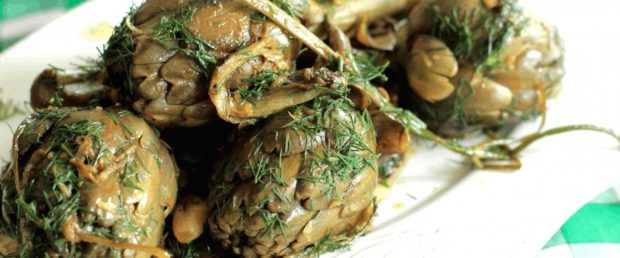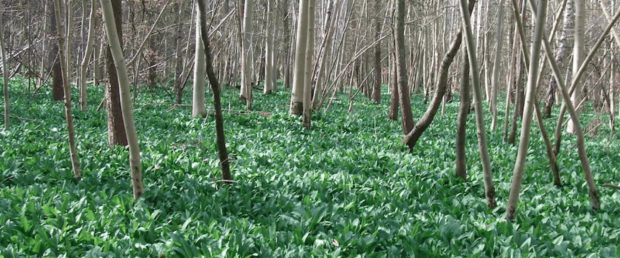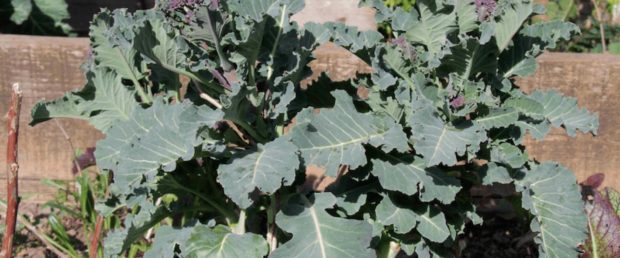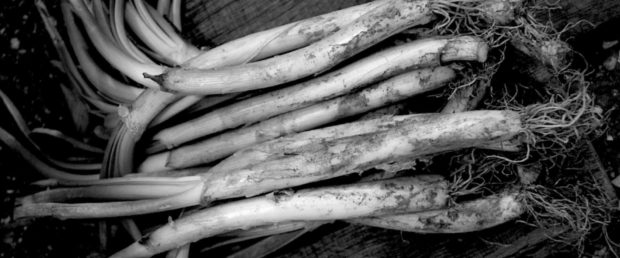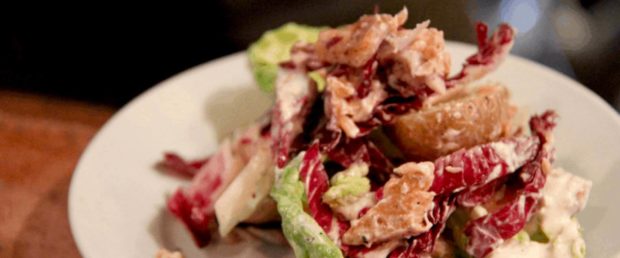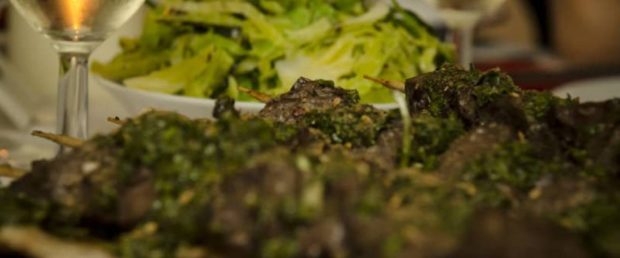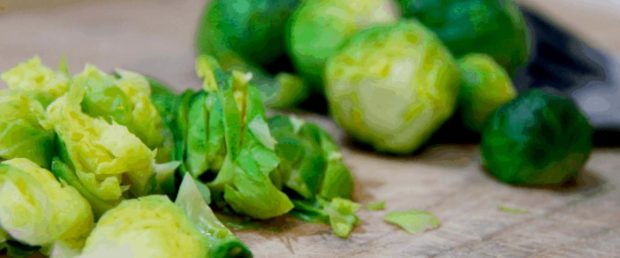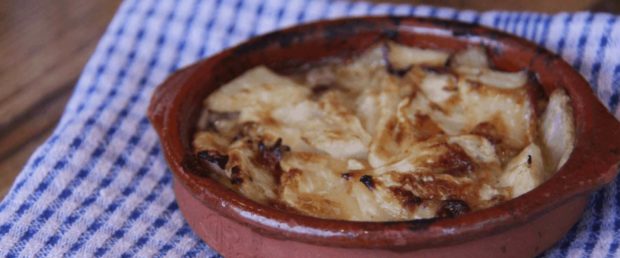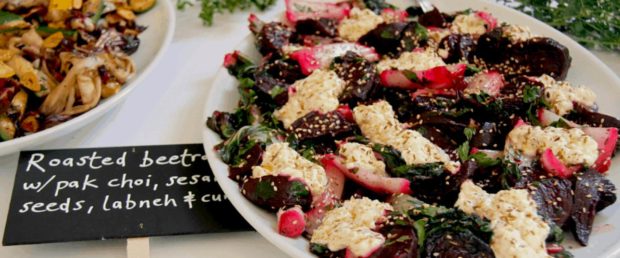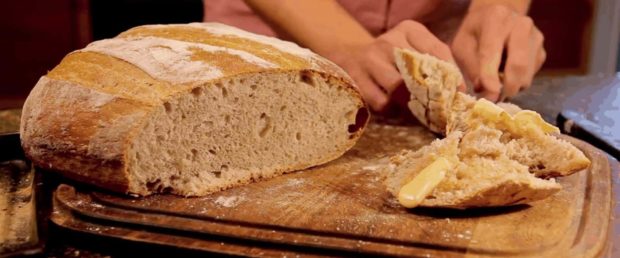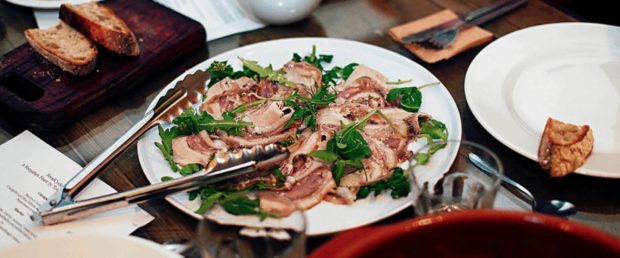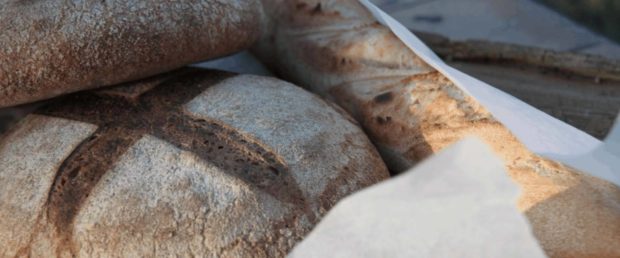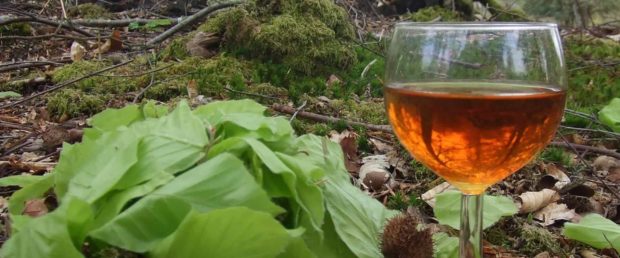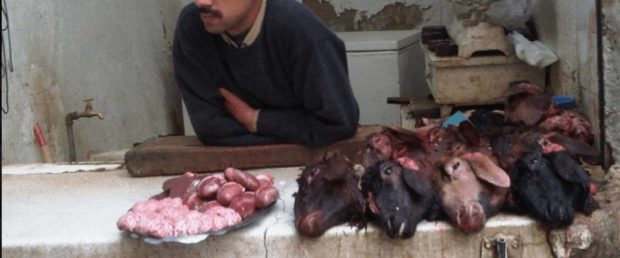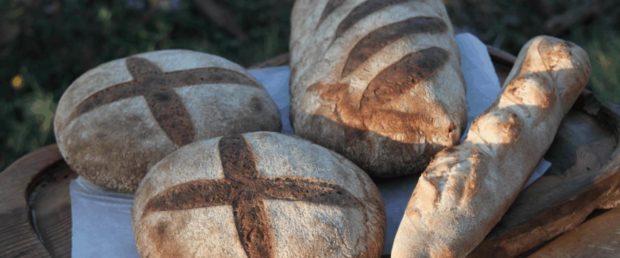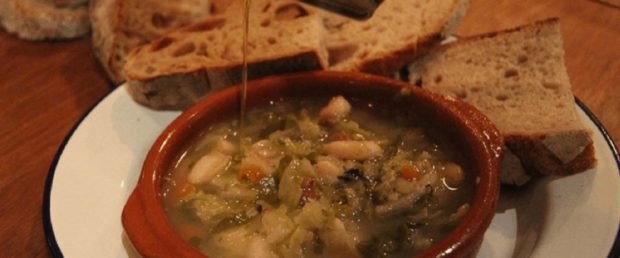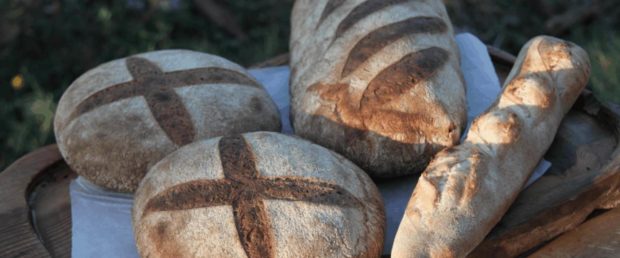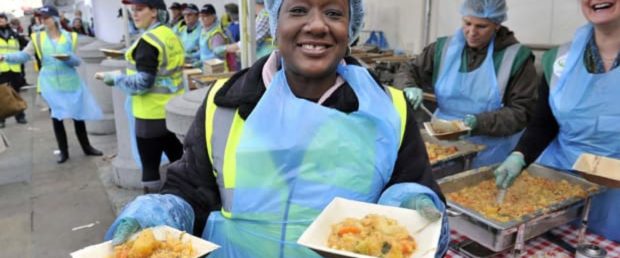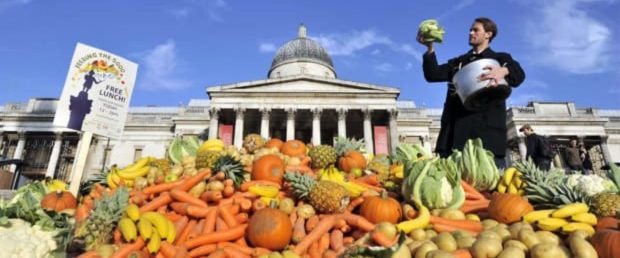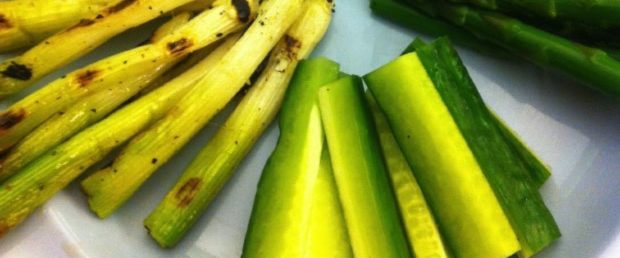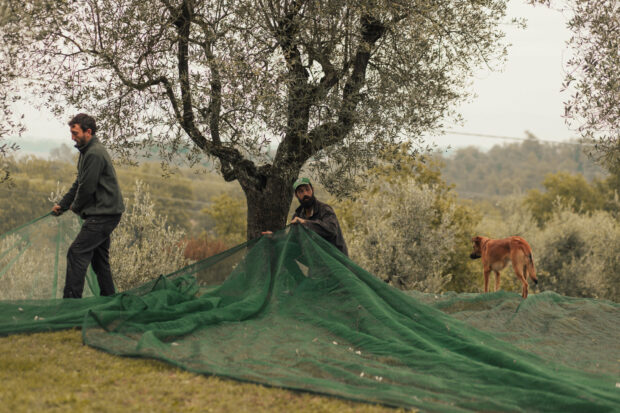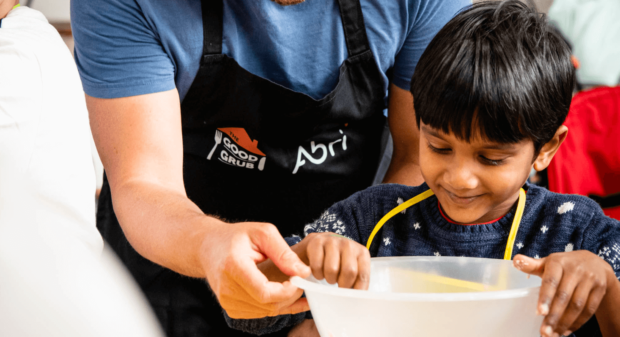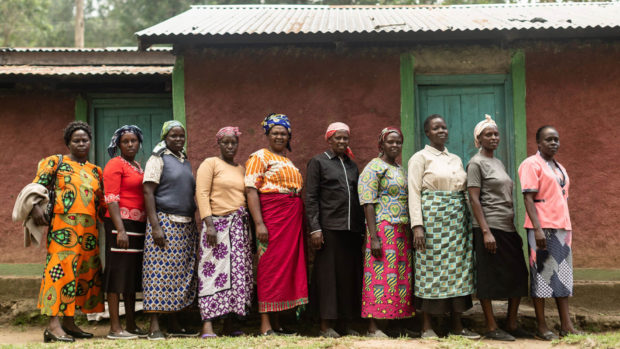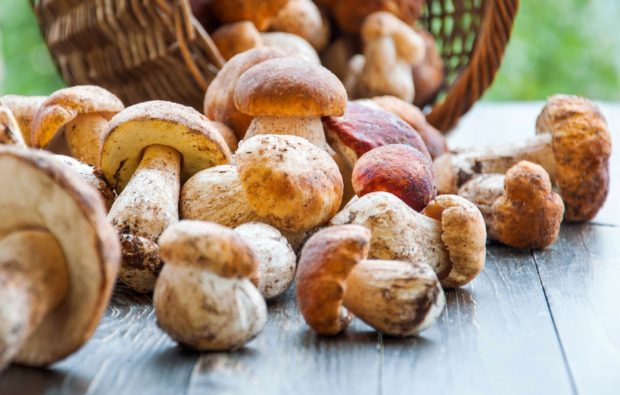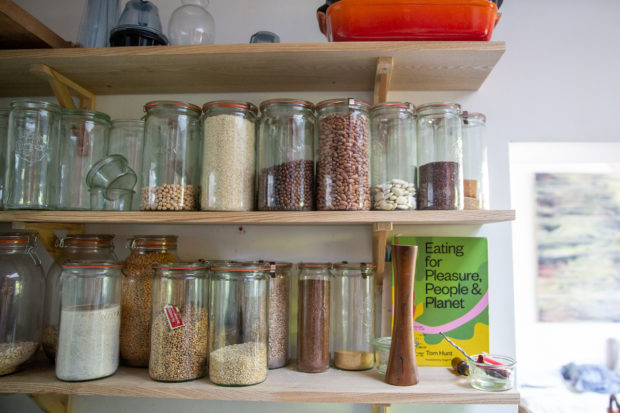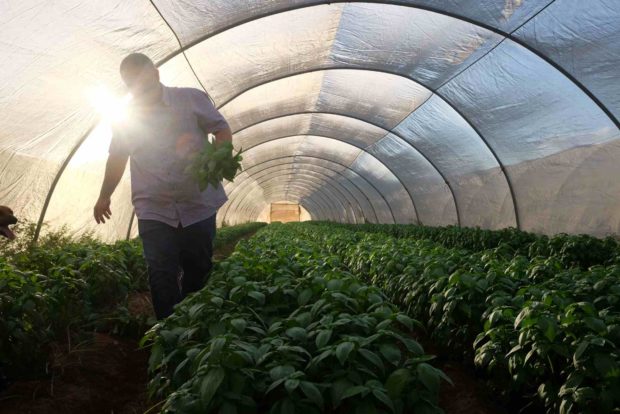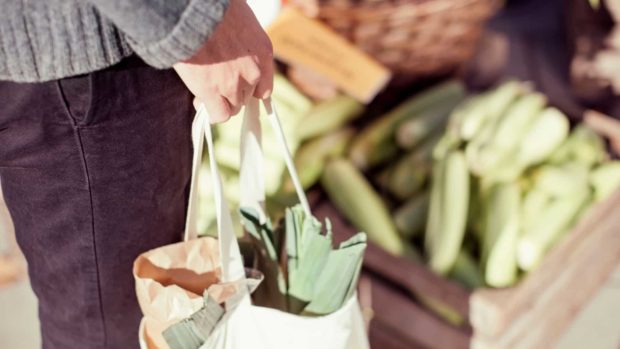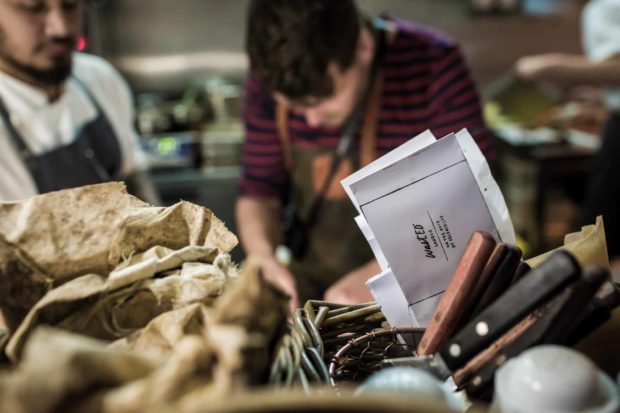I’M SITTING IN a wooden meeting room at Kabnge’tuny coffee cooperative. It’s in the Kipkelion Hills, in Kericho County, due west of the Rift Valley in Kenya, and Zeddy Chepkemoi – a mother, coffee farmer and teacher – is describing her day. Dressed in a bright red and black polka-dot dress, Zeddy explains to us how she still gets up at 5am to prepare food for her family. Now, though, she has time to spend with her children, to make sure they get to school and can study and play afterwards.
Zeddy tells us how most people still cook on open fires, describing how she, too, used to collect and chop firewood. This task takes three to four hours a day, even before lighting the fire and beginning to cook. She describes how collecting firewood each day also harms the environment and how it can be dangerous for women, who often have to go to protected woodland areas to collect the wood.
Women do the lion’s share of work in many indigenous cultures – looking after the children, cooking and household, often while working one or several jobs at the same time. In Kenya this is especially true: women do on average 70% of the farm labour.
We are also told that men, according to tradition, own everything in Kenya, including the women, children, property and money. This inequality, poverty and financial mismanagement often leaves the family and especially the women and children destitute, without enough food to feed the family, or take the children to school.
During my time here, though, I learn that the Kabnge’tuny cooperative is very much at the vanguard of positive change in Kenyan farming culture. In 2012, it launched a gender equality initiative called Growing Women in Coffee, alongside Fairtrade Africa, to give women ownership of their coffee bushes for the first time in history. In short, it’s changing the lives of not just the women, but the whole family. The local women’s new ownership of coffee bushes has brought so much pride and happiness – women are proving themselves to be better farmers and managers and are tripling coffee production and improving the quality of the coffee. This increase in income and more equal management of the family funds has brought stability to the families and improved family relationships, too.
As part of the Growing Women in Coffee project, 296 bio-gas units have been installed into women’s homes, so they can cook at the flick of a switch. What seems like a simple change can save them hours each day, allowing them much-needed time to look after their family and their farms.
The bio-gas units are installed between the house and cattle pen. Cow dung is mixed with water, and stored in an airtight container underground where it ferments and creates gas. This is then piped directly into the farmers house/kitchen, plumbed into a gas stove which can be lit instantly. The benefits of this system are far reaching, improving the whole families health as they no longer have to breath in the smoke from cooking on open fires. The manure leftover (bio-slurry) from processing the biogas is a good fertiliser and reduces the need for chemical inputs on the farm. Bio-gas also means less trees need to be chopped down, helping to sequester more carbon, maintaining biodiversity and preventing erosion. Ownership of their coffee bushes has brought the local women much-needed financial independence. As Zeddy describes it, “Before we were left without a cent for the family. With nothing for food, clothing or even school fees. Becoming empowered is so good for us. Now we can sustain our families.”
Growing Women in Coffee have launched their own brand of coffee called Zawadi, which means ‘gift’ in Kenyan. They are currently looking for a coffee roaster in the UK to sell their coffee. If you are interested, please get in touch with the Fairtrade Foundation.
This article was first published in Foodism Magazine 25th Feb 2019
